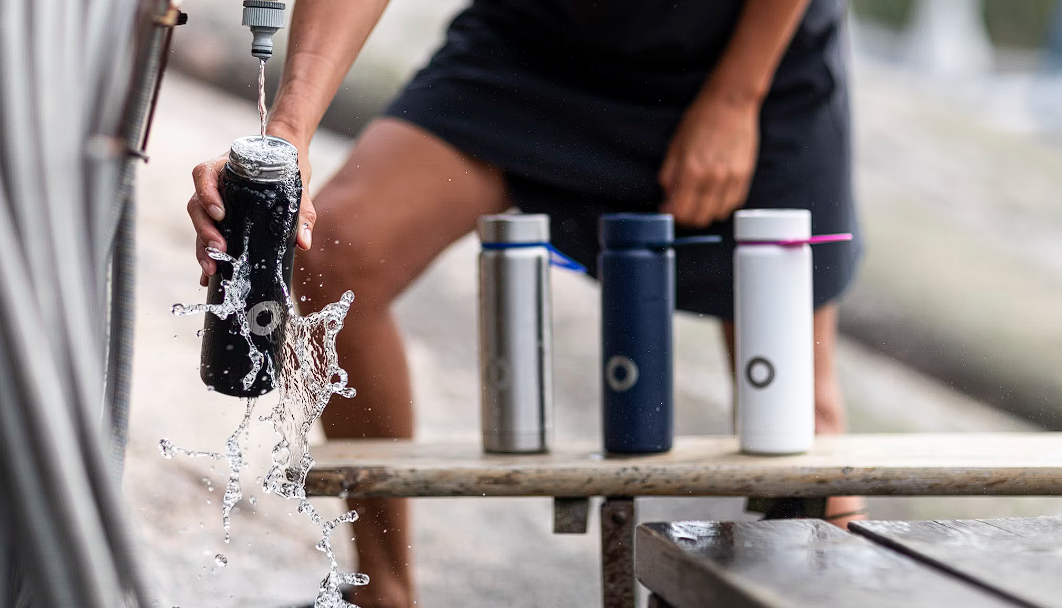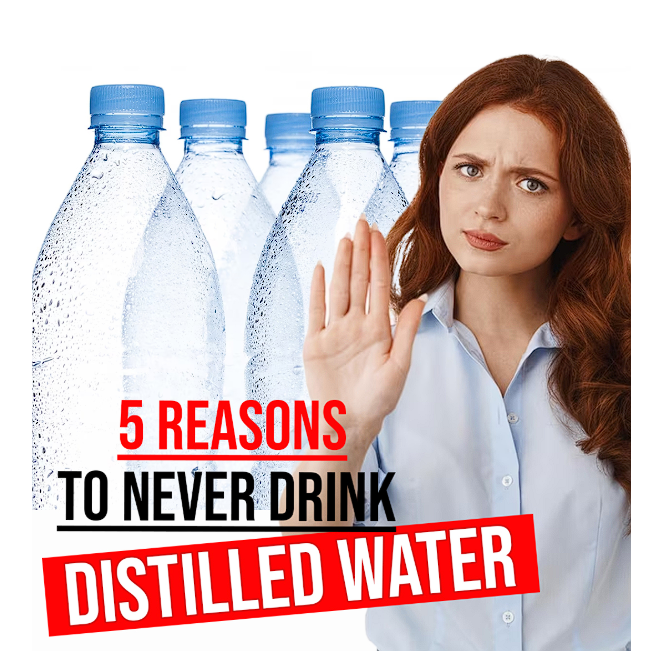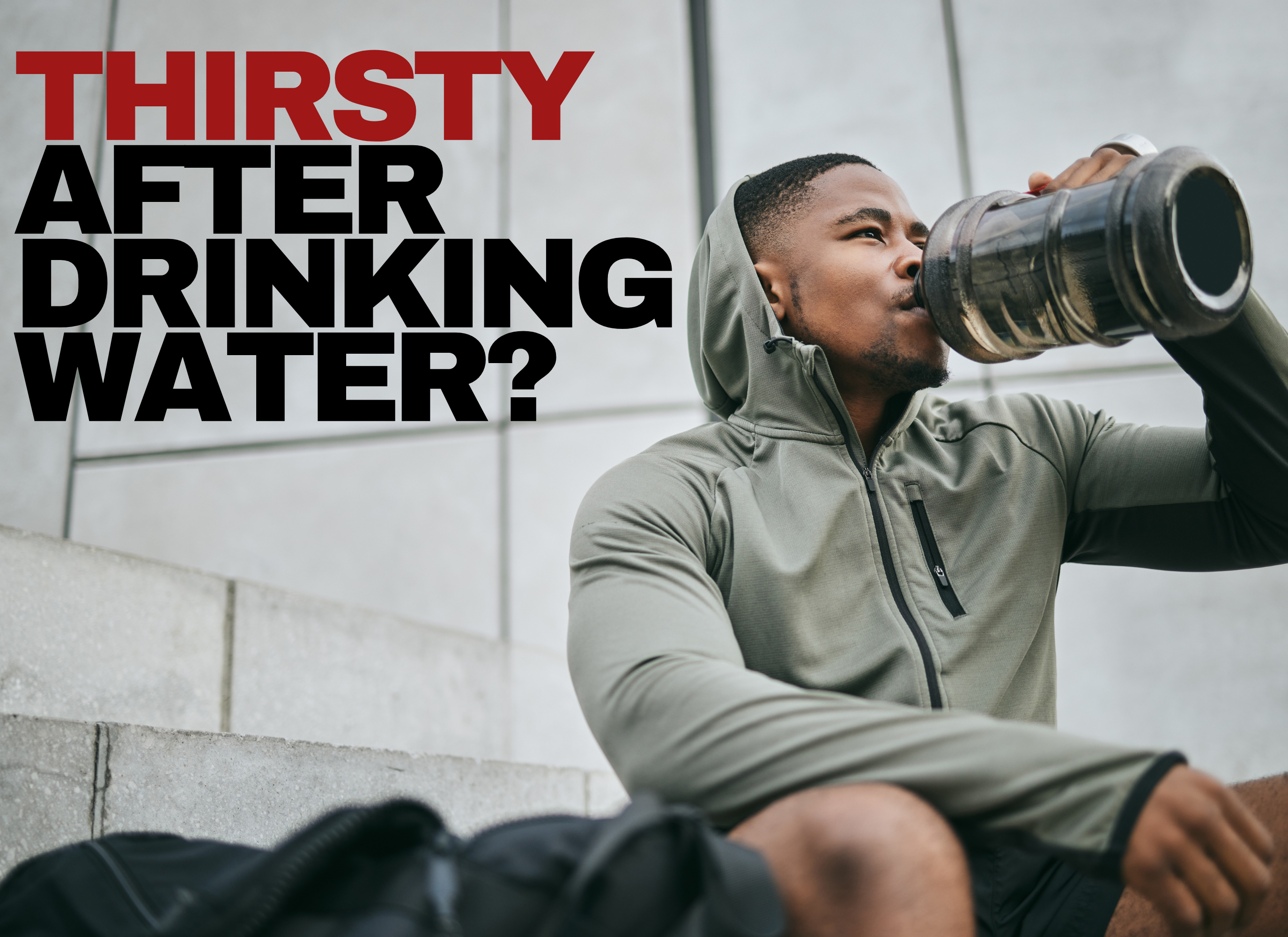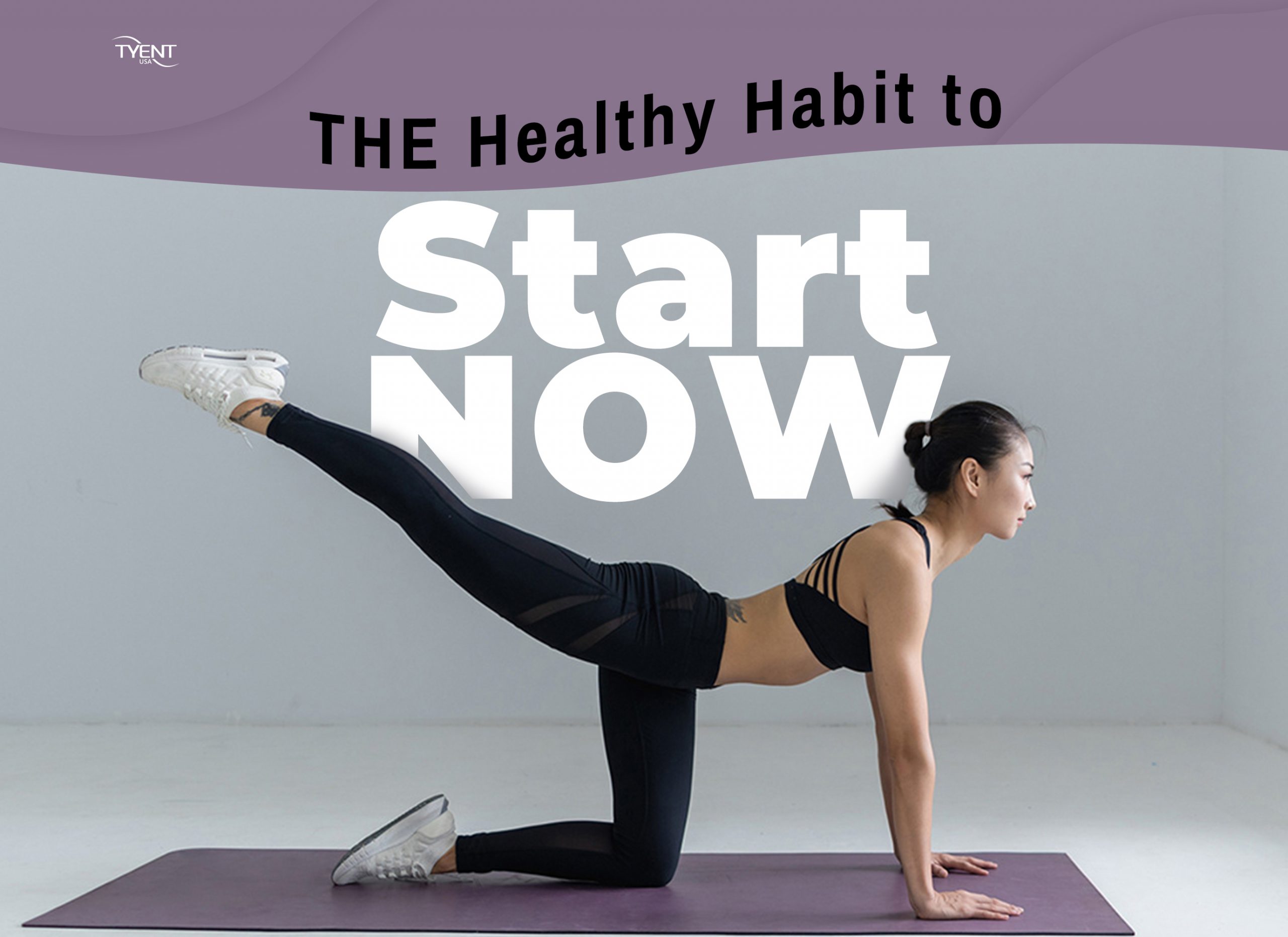These days, it feels like there’s too many types of drinking water to choose from. There’s mineral, spring, distilled, tap, plus alkaline and hydrogen water. But what separates one type of water from another—and which one is the best water to drink?
Let’s start with what most waters have in common. Drinking any water (except contaminated water) is better than drinking none. Anywhere from 45-75% of the human body is made up of water, making it one of the most important building blocks of good health.
Still, you’re drinking water anyway—why not choose the one with the most health benefits? Here are your options.
What is the Best Water to Drink?
The best water to drink is hydrogen-infused alkaline water produced by a Tyent water ionizer. Here’s why no other type of water will ever compare:
- It’s ultra-hydrating. When molecular hydrogen is dissolved in water, that water becomes turbo-charged hydration for your body. Tyent water contains the most therapeutic levels of molecular hydrogen available.
- It’s the healthiest water ever. Tyent water is packed with antioxidants. Cue more energy, free radical protection, and a stronger immune system, among many other health perks.
- It’s the cleanest and safest water in the world. Tyent water ionizers feature an advanced dual Dialipure ultra filtration system that boasts a 0.01 micron filtration level—the same level of filtration in kidney dialysis machines.
- It tastes amazing. Hydrogen-infused water tastes better than regular H2O.
Ready to maximize your hydration by making hydrogen water your go-to beverage?
Order your Tyent water ionizer today!
Different Types of Water
Deciding on the best water to drink starts with learning the pros and cons of each type. Let’s go over your options.
Tap Water
Depending on where it’s sourced from, tap water usually contains a variety of healthy minerals and electrolytes, like calcium, magnesium, and sodium.
However, there’s always the risk of contamination. The U.S. Environmental Protection Agency (EPA) only sets legal limits on around 90 contaminants, when there are over 320 lurking in tap water—many of which are known to pose health risks.
Pros:
- Convenient and accessible
- Cheaper than buying bottled water
- Contains dissolved minerals and electrolytes
Cons:
- Can taste or smell funny, depending on the source water
- Likely contains harmful compounds, like microplastics, lead, and chlorine
- Certain types of filtration can strip the water of minerals and electrolytes
Mineral Water
As its name suggests, mineral water is packed with natural minerals and electrolytes that promote strong bones, balanced blood sugar, and normal heart rhythm, among other benefits.
The cost of drinking mineral water can get expensive, however. Some brands of mineral water also contain high levels of sodium, which can be harmful to kidney function and people with health conditions that require a low-sodium diet.
Pros:
- Contains high amounts of minerals and electrolytes
Cons:
- More expensive than other waters
- Higher sodium levels can be harmful
- Has a higher chance of containing Cryptosporidium, a parasite that can cause diarrhea, vomiting, fever, and dehydration
- Mineral water bottled in plastic likely contains microplastics, which may cause cell-damaging oxidative stress, hormone disruption, even lead to cancer
Spring Water
Like mineral water, spring water contains essential minerals and electrolytes.
Unfortunately, bottled spring waters can skew sketchy, thanks to being inadequately regulated by the FDA. Bottlers can call their product “spring water,” even if it doesn’t come from a natural spring—and even though it may be treated with chemicals.
Pros:
- Contains essential minerals and electrolytes
Cons:
- More expensive than other waters
- Can be called “spring water” even if it doesn’t really come from a natural spring
- Might still contain contaminants, like metals and bacteria
- May contain trace amounts of arsenic, a cancer-causing agent
- Spring water bottled in plastic likely contain microplastics
Distilled Water
Distilled water is steam from boiling water that’s been cooled and returned to its liquid state. Even though the process is thorough in removing harmful contaminants, it goes too far, removing beneficial vitamins and minerals too. As a result, drinking it regularly can lead to nutritional deficiencies.
Pros:
- Safe to drink in a pinch
- Best for medical purposes, such as nasal irrigation and CPAP machines
Cons:
- Less hydrating
- No health benefits to drinking it
- Drinking it exclusively can lead to mineral deficiencies
- Has a flat, dull flavor
Purified Water
Purified water is an umbrella term for water that goes through any of the more rigorous filtration methods on the spectrum, which also remove the beneficial properties from your water. And if the filtration process isn’t customized according to your source water, some sketchy contaminants might still be lurking.
Pros:
- A good option if your immediate water source is contaminated
- More thorough than other options, like water filter pitchers
Cons:
- Less hydrating
- Purification systems are expensive to install and maintain
- Strips water of beneficial minerals and electrolytes
- Doesn’t necessarily get rid of all contaminants
- Drinking it exclusively can lead to mineral deficiencies
- Bottled purified water is expensive and likely contains microplastics
Reverse Osmosis Water
Reverse osmosis is best known for its ability to strip away hazardous contaminants, such as lead and arsenic, and make water safe for use again.
Like other intensive filtration processes, reverse osmosis doesn’t stop at only the bad contaminants—it removes healthy minerals and electrolytes too. Ditto when you use it in cooking: reverse osmosis water extracts the vitamins and minerals from foods, a one-two punch that puts you at major risk for nutritional deficiencies.
Pros:
- High quality filtration for non-potable tap water
Cons:
- Less hydrating
- Wastes significantly more water than it produces
- Strips healthy minerals present in water and decreases pH
- Expensive and high maintenance
- Has a flat, dull flavor
Alkaline Water
Alkaline water is regular tap water that’s been ionized to increase its pH level. It ranks as one of the healthiest waters to drink because it’s packed with antioxidants that fight free radicals in the body, which are linked to inflammation and other chronic diseases.
Its alkalinity also helps maintain an ideal environment within the body, offsetting the extremely acidic foods that most American diets consist of.
Pros:
- Delivers better hydration than regular water
- Protects the body from free radicals and inflammation
- Its mineral content supports strong bones and muscles
- Has serious detoxifying skills
- Smooth, fresh taste
Cons:
- Upping the pH of your drinking water too fast can cause side effects
Hydrogen Water
Hydrogen water is regular water with molecular hydrogen added to it; a colorless, odorless, and tasteless gas that’s packed with powerful antioxidant benefits. Because it’s the smallest, lightest molecule, it’s capable of penetrating the mitochondria of each cell—the powerhouse of the cell that decreases in quality as we age.
The result? A scroll of hydrogen water benefits, like reducing inflammation, amping up energy production, improving brain health, and boosting your immune system.
Pros:
- Acts as turbo-charged hydration
- Amps up energy production
- Improves endurance and reduces muscle fatigue
- Protects the body from free radicals
- Clears brain fog
- Reduces inflammation
- Boosts the immune system
- Pure, clean, refreshing taste
Cons:
- Since it’s best to drink hydrogen water fresh, this puts the potency of bottled hydrogen water into question
How to Choose the Best Water to Drink
Just because a certain type of water is considered the best water to drink doesn’t necessarily mean it’s the one for you. To make sure, ask yourself the following:
- How does it taste? You’re more likely to drink enough water if it tastes clean, pure, and refreshing (like Tyent water), rather than flat and dull (bottled or reverse osmosis).
- How nutrient-rich is it? Certain filtration systems remove too much. Tyent’s 0.01 micron filtration removes over 200 dangerous contaminants, while leaving what’s beneficial intact.
- How easy and convenient is it to access? Tyent water ionizers provide super-clean, nutrient-rich water at the touch of a button.
- How expensive is it? Bottled water, such as mineral and spring, can get pricey. Tyent water costs only six cents a glass!
- How safe is it to drink? When you use a one-size-fits-all filtration system, you risk dangerous contaminants sticking around. Tyent offers a variety of pre-filters to improve the quality of your particular source water.
Learn More About the Best Water to Drink
Still want more intel on the best water to drink? Look no further.
Is alkaline water good for you?
Alkaline water is one of the healthiest types of water to hydrate with. Some of the many health perks of drinking alkaline water include more energy, free radical protection, and a boosted immune system.
When you invest in a Tyent water ionizer, you can enjoy all of these alkaline water benefits at the touch of a button.
Order a Tyent water ionizer today!
Is tap water safe to drink?
Tap water is only safe to drink if you filter it first. The EPA does set legal limits on roughly 90 contaminants, but there are over 320 lurking in tap water—many of which are known to pose health risks.
Tyent water ionizers make the process of filtering your water super-easy. Find out exactly what’s in your water by ordering Tyent’s free water quality report, then order the pre-filters necessary to deep-clean your source water.
What is the best water to hydrate you?
Drinking hydrogen-infused alkaline water is the ultimate way to hydrate. Molecular hydrogen protects cells and tissues from oxidative damage. Cue more energy, better digestion, and free radical protection, among many other health benefits.
Investing in a Tyent water ionizer ensures maximum hydrogen concentration in every glass of water you drink. This Tyent water ionizer review will help you pick out the best model for your lifestyle.
How much water should you drink every day?
It’s generally recommended that you should drink one ounce of water for every two pounds of body weight—so if you weigh 140 pounds, you should be drinking 70 ounces of water daily for optimal health benefits.
When in doubt, listen to your body: If your pee is always clear, you’re probably drinking too much water and you should scale back.
Should you avoid certain types of water?
Some types of water should be minimized—or avoided completely—as drinking water options. These include:
- Unfiltered tap water. Contamination happens, and can cause a variety of mild to severe health issues.
- Bottled water. Waters bottled in plastic likely contain microplastics, which may cause cell damage, disrupt hormones, and lead to cancer.
- Purified water. Reverse osmosis and distilled water have been stripped of beneficial properties, putting you at risk for nutritional deficiencies.
The best water to drink is H2O that’s purified to remove the highest number of contaminants from your source water, while also preserving or reintroducing the beneficial minerals it contains. Tyent water ionizers are the best water ionizers to do exactly that.
Order a Tyent water ionizer today!
Find the Best Water to Drink for Optimal Health
You shouldn’t have to settle for water that meets most of your needs. The best water to drink is H2O that exceeds your expectations—and the only water that fits that description is Tyent water.
When you drink water produced by a Tyent water ionizer, you never have to settle for subpar hydration. Tyent water contains the highest levels of molecular hydrogen, making it the freshest, purest, most antioxidant-rich alkaline water on the planet.
Tyent is also the only company in the water ionizer industry to offer a generous 75-day trial period, accessible financing terms starting from only $25 per month, and a no-muss no-fuss lifetime guarantee.









